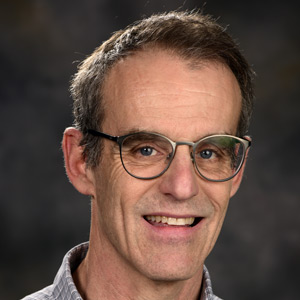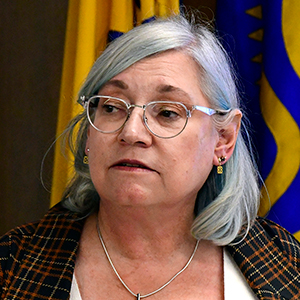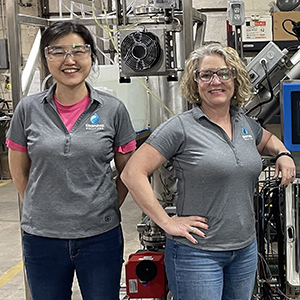Discover environment and health connections this April

Check out a new video and podcast created with NIEHS support to raise awareness about the environment’s role in health. The multimedia products can be shared with your networks this April in support of Earth Day and World Autism Month.
Together with institutes and individuals across the globe, NIEHS will recognize April 22 as the 54th annual Earth Day. For a quick explanation of how your environment affects your health, check out this short video produced by NIEHS-funded scientists at Oregon State University.
In addition, listen to this NIEHS podcast featuring Staci Bilbo, Ph.D., of Duke University, to learn about her research related to autism spectrum disorder. Bilbo recently published findings on the combined effects of diesel pollution and maternal stress on neurodevelopment and the likelihood of autism characteristics in mice.
NIEHS hosts Women in Science Winter Social
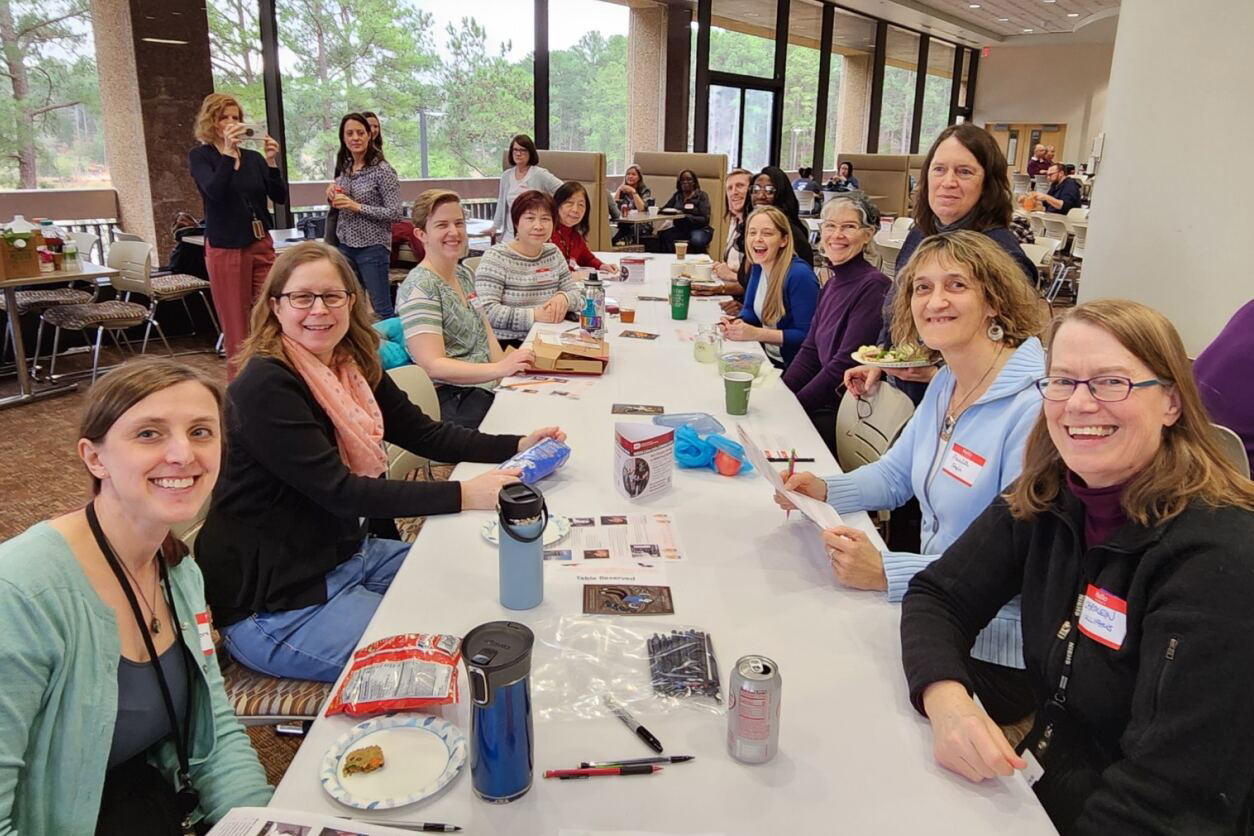
Women in Science (WiS), a cross-divisional NIEHS group, hosted a Winter Social Feb. 27 in Rall Cafeteria. More than 40 people attended the event, which provided an opportunity for participants to network, play games, and recognize Black History Month and Women’s History Month.
Women in Science provides relevant information, support, networking opportunities, and events open to all NIEHS staff interested in topics important for women. The next WiS event will be held April 3 at noon, and it will feature a presentation by Amanda Cravens, Ph.D., a research social scientist at the U.S. Geological Survey. For more information about WiS, contact Vicki Sutherland, Ph.D.
Director outlines environmental health priorities at Yale event
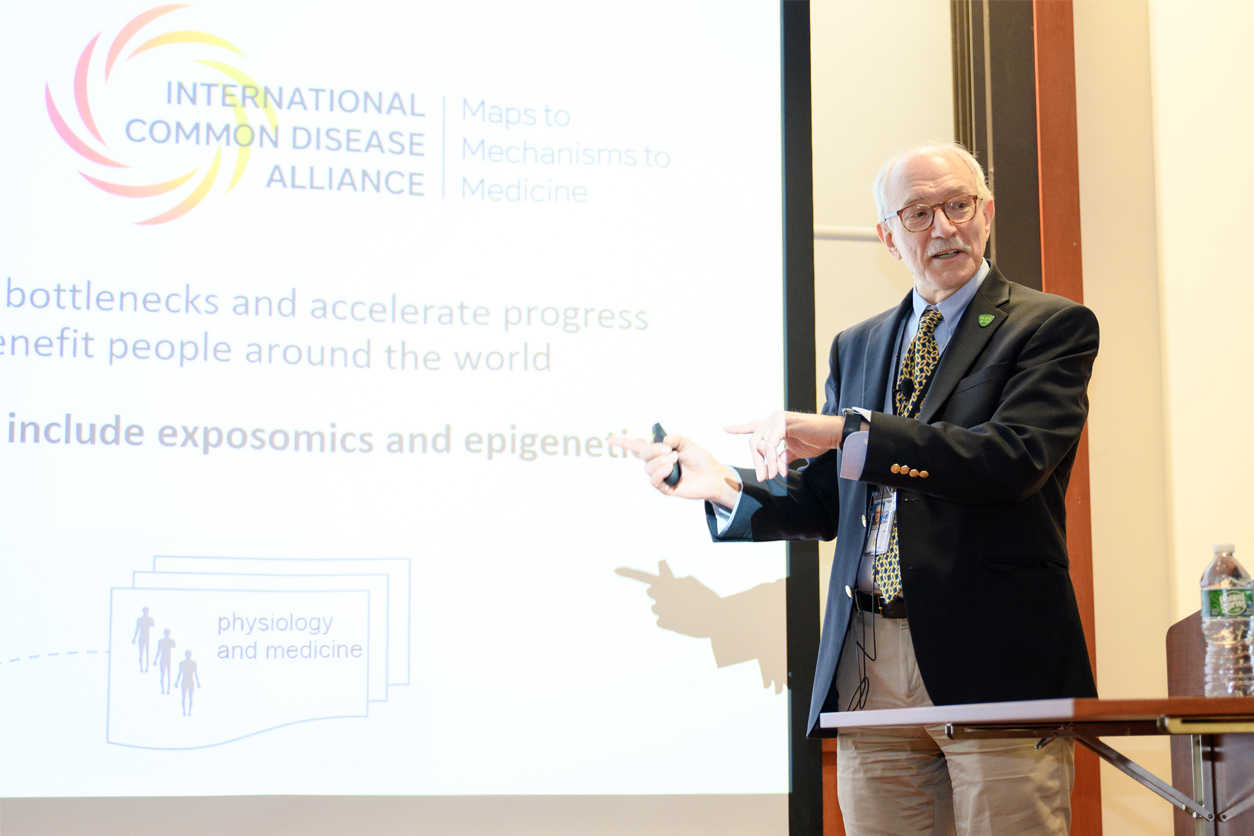
NIEHS Director Rick Woychik, Ph.D., described his vision for the future of environmental health at a March 6 Yale School of Public Health Dean’s Lecture in New Haven, Connecticut. This lecture was part of a series that brings together public health experts and thought leaders from around the globe to discuss diversity, equity, inclusion, and scientific rigor.
“We’ve been reaching out to the global community and listening to what you all have to say about where we should be going in the environmental health sciences,” said Woychik. “One of the things I’m personally most passionate about is integrating environmental exposures into the very fabric of the way that we study human diseases.”
During the event, Woychik highlighted current environmental justice initiatives at NIEHS, the need for future strategies aimed at reducing health disparities worldwide, and the institute’s emerging scientific priority areas, including climate change and health.
Codeathon explores implications of AI for biological research
More than 100 biologists, data scientists, and programmers participated in a National Center for Biotechnology Information codeathon during the last week in February. Ten teams collaborated to address various challenges in the biological and biomedical research domains using machine learning (ML) and artificial intelligence (AI) approaches.
The projects spanned a wide range of topics, including predicting drug sensitivity in cancer cell lines, visualizing human genome data for CRISPR applications, identifying genomic and omic features associated with traits such as COVID-19 and hypertension, and exploring the use of expert-entrained AI-based systems for toxicological property analysis.
“This week provided an opportunity to work collaboratively rather than competitively with some amazing people,” said Trey Saddler, a data scientist in the Division of Translational Toxicology. “The event demonstrated what can be accomplished when a diverse group of talented people come together to solve difficult problems.”
All presentations and data repositories from each team can be found on the National Library of Medicine website and GitHub.
(Ben Richardson, Ph.D., is a Presidential Management Fellow in the NIEHS Office of Communications and Public Liaison.)





